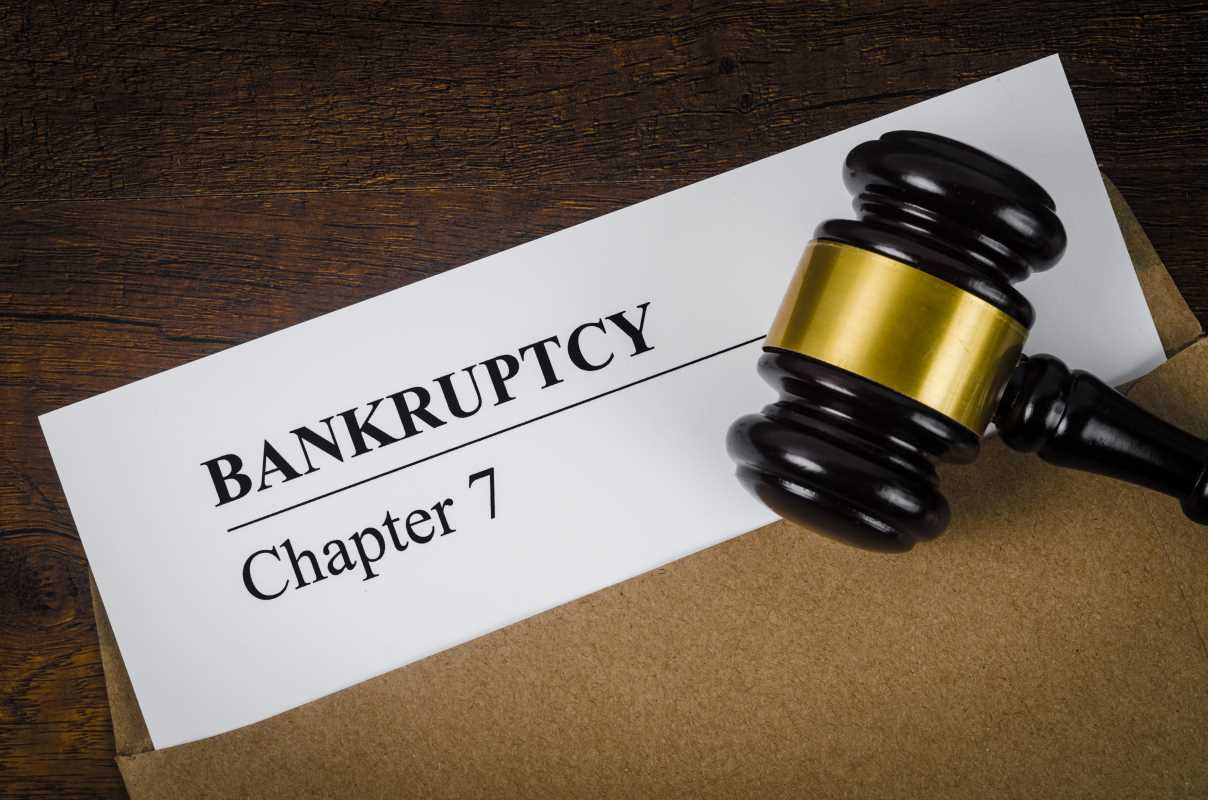Handling money when every paycheck is different can feel like a juggling act. An unpredictable income can make you feel stressed and unsure of how to make ends meet. But even if your earnings fluctuate, a smart, flexible budget can make a huge difference. By focusing on control instead of uncertainty, you can take charge of your finances and reach your goals, no matter how inconsistent your income may be.
We’re breaking down simple, practical strategies that make budgeting on an unstable or commission-based income easier to manage. Building good money habits takes practice, but with patience and persistence, it’s possible to feel more secure, even when earnings are unpredictable.
Start by Knowing Your Numbers
Understanding your financial situation is the foundation of any good budget. Begin by calculating your average monthly income. Look back at the past six to twelve months and note how much you earned each month. Add them up, then divide by the number of months for an average.
Identifying your lowest-earning month from this time frame is just as important. A budget based on the smallest paycheck gives you a safety net for tougher months and reduces the chance of overspending.
List every fixed monthly expense, like rent, utilities, car payments, or insurance premiums. It’s also helpful to track variable costs such as groceries, transportation, or entertainment. Being specific ensures that nothing important gets forgotten.
Build a Bare-Bones Budget
A bare-bones budget focuses on the essential costs you must cover, like housing, food, transportation, and debt payments. Knowing exactly how much you need for these basics each month creates a roadmap for survival even during lower-income periods.
Categorize your expenses by priority to identify areas for cuts if needed. Groceries are non-negotiable, so you may scale back on dining out during lean months. Extras like streaming subscriptions or online shopping might also fall into the “nice to have” but not essential category.
Commit to sticking to the essentials until your financial situation feels more stable or predictable. This doesn’t mean you can’t enjoy yourself at all but building this minimalist budget first provides peace of mind.
Save During Higher-Earning Months
A savings fund acts as your financial cushion when income dips unexpectedly. Setting money aside in high-earning months creates room to cover expenses during lower-income periods without relying on credit cards or loans.
Start by opening a dedicated savings account to keep this money separate from what you use for monthly expenses. Decide on a percentage of every paycheck to save. Automating this transfer after each payday makes consistency easier, even during busy times.
Think of the money in this account as “paycheck insurance.” Dipping into it only to cover essentials makes sure you’ll still have a safety net when income variability strikes again.
Plan for Irregular Bill Payments
Some bills or expenses, like annual insurance premiums, vehicle maintenance, or holiday shopping, don’t appear every month but can sneak up on you if you’re not prepared. Estimating these irregular costs and making small monthly savings toward them prevents surprises.
If your annual car registration fee is $240, dividing this by 12 months adds just $20 to your monthly budget. Applying this method to other irregular costs spreads the burden over time, keeping your budget steady.
Writing these savings categories down in your budget helps build the habit of setting aside money consistently, even when income fluctuates.
Create Two Spending Accounts
Splitting your money between two separate checking accounts brings structure to an otherwise inconsistent income. Use the first account for essential expenses like bills and savings, while treating the second as your spending or “fun” account for personal purchases like hobbies, dining out, or going to the movies.
Deposit enough into the first account each paycheck to cover fixed costs. Only spending what’s left over in your second account creates built-in spending limits and prevents overextending yourself during tighter months.
This approach keeps essentials safe while allowing you to enjoy small luxuries, guilt-free. Balancing responsibility and enjoyment is key to sticking with your budget long term.
Track Spending Regularly
Regularly reviewing what and where you spend money keeps your financial plan accurate and effective. People often underestimate how much small daily purchases, like coffee or snacks, add up over the month. Checking your accounts weekly prevents overspending and highlights areas for adjustment.
Writing out expenses or using an app to categorize spending by type highlights patterns. For instance, seeing you overspend on dining out lets you shift more funds toward grocery shopping instead.
Live One Month Behind
Building a buffer fund equal to one month’s worth of expenses lets you live on last month’s earnings instead of scrambling to meet monthly bills with your current paycheck. Knowing all expenses for the current month are already covered removes immediate pressure when income fluctuates.
Starting small is fine. Contributing surplus income during higher-earning pay periods eventually builds this buffer fund over time. Even getting to half your monthly expenses in savings is a major step toward more financial stability.
Living on past income gives you breathing room to manage inconsistent months without relying on payday loans or credit cards.
Tackle Debt Strategically
Debt repayment eats into your budget, especially on an unstable income. Paying down balances from the highest interest rates to the lowest reduces long-term costs. Committing to small, consistent payments eliminates debt faster than irregular lump sums that depend on fluctuating income.
Calling creditors to request lower interest rates or more manageable payment plans is also worth exploring. Using windfalls during high-earning periods to pay off balances fully whenever possible brings relief and financial peace more quickly.
Reward Yourself
Every small financial victory deserves acknowledgment. Hitting milestones like building an emergency fund, eliminating one debt, or maintaining a consistent budget for three months shows how far you’ve come. Celebrate responsibly by treating yourself to something small, like your favorite meal or movie night.
Looking back at progress boosts motivation and confidence to stick with your plan. Budgeting isn’t about depriving yourself. Allowing small rewards makes reaching bigger goals more enjoyable along the way.
Control What You Can
Unstable income makes budgeting feel tricky but focusing on what you can control reduces uncertainty. Saving during high-earning months, tracking expenses closely, and planning for surprises build a strong foundation—even with fluctuations.
Adjustments and setbacks are normal. Remember, improvement takes time. Consistency matters more than perfection, so celebrate progress at every step. These budgeting methods might feel unfamiliar at first, but they soon become second nature. Feeling confident with your money starts with small, steady changes.
 (Image via
(Image via





